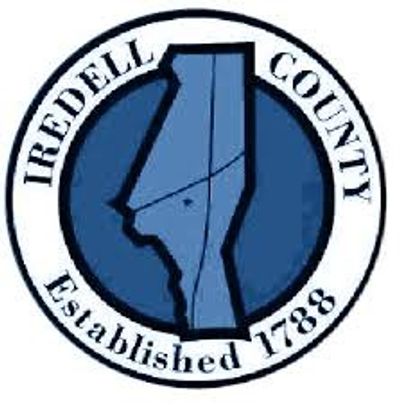American Heart Month: Understanding AFib

Monday, February 20, 2023
The American Heart Association (AHA) estimates that 3 to 6 million Americans live with atrial fibrillation (AFib). Although it’s common, many are still unaware that AFib can cause life-threatening complications. In fact, according to the AHA, only 33% of those with AFib believe it is a serious condition.
“AFib is a serious condition as it can not only make you feel bad with the associated symptoms, it can weaken heart muscle, and most importantly, it increases your risk of blood clots and stroke,” said Deepak Joshi, a cardiologist at Statesville Cardiovascular Clinic.
February is American Heart Month and an important time to learn more about this common, yet often misunderstood, heart condition.
What is AFib?
AFib, also called AF, is a heart condition in which your heart doesn’t beat normally. It causes an irregular, quivery, fluttery, and often very rapid heart rhythm. AFib can occur occasionally, or it can be constant.
While AFib itself isn’t fatal, it can quickly lead to severe complications. It is a serious diagnosis and not one you should take lightly.
“Apart from symptoms, which can be disabling, AFib can cause two major complications. It can weaken your heart muscle and cause heart failure, and it can increase your risk of blood clots and stroke,” said Joshi.
How does AFib lead to these complications?
A healthy person’s resting heart usually beats 60 to 100 beats per minute. AFib can cause your heart to beat quickly, up to 100 to 175 times a minute. It occurs when the upper chambers and the lower chambers of your heart are not coordinated — they are out of sync. In AFib, your heart’s upper chambers beat irregularly and chaotically instead of beating as they should.
As an example, the AHA compares this heart contraction failure to wringing out a sponge. Without squeezing the sponge tightly, water will still be left in the sponge. In the same way, when a heartbeat is too fast or too uneven, it doesn’t completely squeeze the blood from the upper chambers of your heart into the lower chambers. This can cause blood to pool and enable clots to form.
If a clot breaks off and leaves your heart, it can block the flow of blood to your brain and cause a stroke. About 15-20% of strokes are linked to AFib.
AFib can also lead to heart failure because the heart never properly fills up with blood to pump out to the rest of your body.
Who is at risk?
“What causes AFib is not well understood, but it seems like a person is born with the abnormality in the heart that increases the likelihood of getting AFib as they grow older,” said Joshi.
However, according to Joshi, the following can increase your risk for the condition.
- Family history
- Age/growing older
- Uncontrolled high blood pressure
- Excessive alcohol consumption
- Excessive caffeine consumption
- Untreated sleep apnea
- Excessive physical and emotional exertion
What are the symptoms of AFib?
“Typically, patients feel their heart racing and fluttering. Most people have associated fatigue. Though uncommon, others may experience chest discomfort, shortness of breath, and dizziness,” said Joshi.
However, AFib can be tricky to identify because, according to Joshi, some people do not have any symptoms at all. It’s possible to have AFib without even realizing it.
If you do have symptoms of AFib, it’s crucial to seek urgent medical attention or call your healthcare provider right away.
How is AFib treated?
To determine if you have AFib, your healthcare provider may check your pulse, listen to your heart, and perform an electrocardiogram (EKG).
If your provider confirms you have AFib, early treatment is crucial to avoid complications and lower your risk for stroke and heart failure.
According to Joshi, medications, electrical shock, or surgery called ablation may be used to treat AFib.
When you have AFib, it’s important to follow your provider’s recommendations to manage your symptoms and reduce your risk of complications.
Joshi is a board-certified cardiologist who practices at Statesville Cardiovascular Clinic, located at 738 Bryant Street in Statesville. To learn more or to schedule an appointment with Dr. Deepak Joshi, please call 704-873-1189.
































